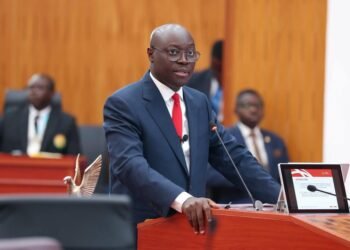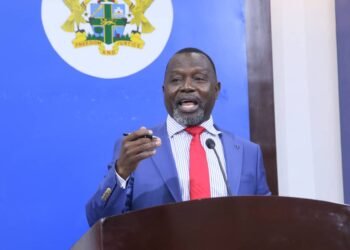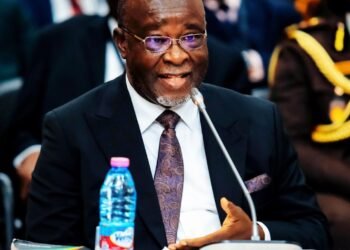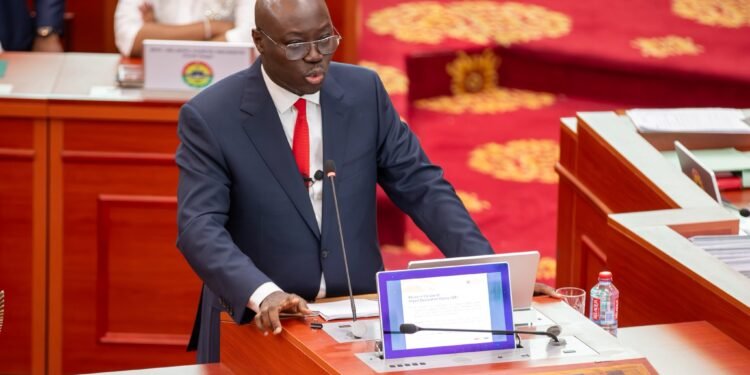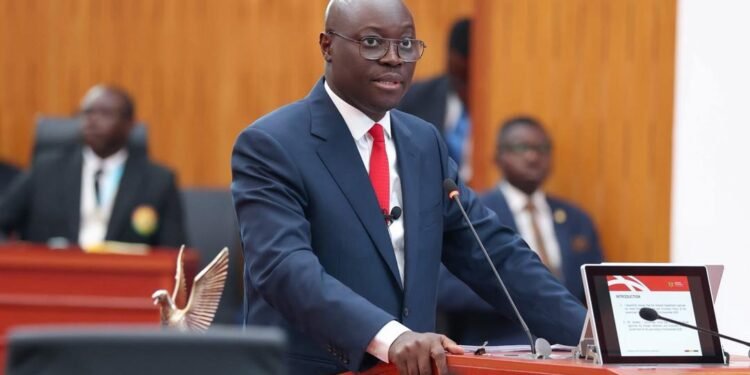The government is set to introduce a landmark Conduct of Public Officers Bill as part of a renewed push to reinforce transparency, accountability, and ethical behaviour in public service.
The initiative, announced by Minister for Finance Dr. Cassiel Ato Forson during the presentation of the 2026 Budget Statement to Parliament, forms part of a broader governance reform agenda aimed at rebuilding public trust and deepening institutional integrity.
Presenting the Budget, Dr. Ato Forson underscored good governance as a key pillar of Ghana’s economic transformation, noting that recent national progress rests heavily on stronger institutions and improved transparency.
“Good governance remains the cornerstone of our economic transformation,” he told Parliament, highlighting the government’s work with the International Monetary Fund (IMF) to produce a comprehensive Governance Diagnostic Report in November 2025.
The report, he said, provides a clear roadmap for strengthening institutions and combating corruption through reforms grounded in evidence and broad stakeholder input.
Dr. Ato Forson explained that the government had already updated the National Anti-Corruption Action Plan through a participatory process involving civil society actors and development partners. ‘

Building on this momentum, he announced that a new Conduct of Public Officers Bill will be laid before Parliament in December 2025. The Bill, he noted, will introduce stringent asset disclosure obligations for senior officials, including Ministers, Members of Parliament, and heads of state-owned enterprises..
“The Bill will require senior public officials…to publicly disclose assets upon assumption of and exit from office, with a firm sanctions regime for non-compliance,” he said. According to him, this represents an important reaffirmation of the government’s commitment to integrity and accountability across public institutions.
The proposed legislation arrives in a national environment increasingly insistent on stronger anti-corruption safeguards. President John Dramani Mahama, earlier in May 2025, launched a comprehensive Code of Conduct for Public Officers, setting ethical standards for all political appointees.
The code emphasizes integrity, impartiality, the prioritisation of national interest, avoidance of conflicts of interest, responsible use of state resources, accountability, and restraint in the use of public office.
It also prohibits appointees from acquiring state assets—whether lands, bungalows, or vehicles—either directly or indirectly. Under the framework, appointees who violate these principles face dismissal and the retrieval of any state assets acquired improperly.
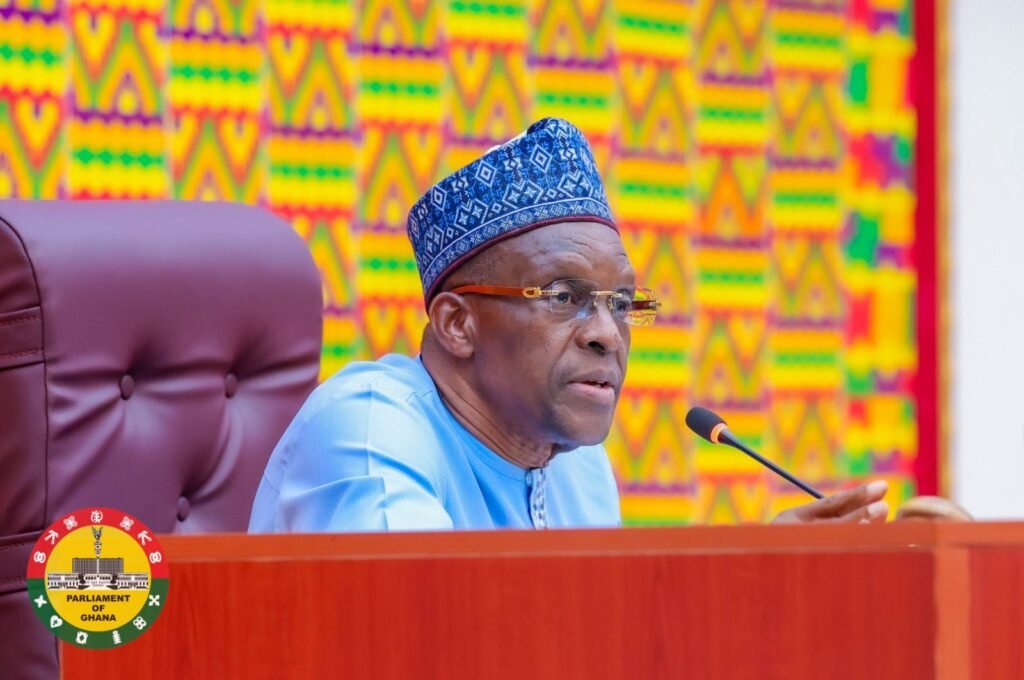
While the code was widely welcomed for its scope and clarity, some civil society organisations maintained that Ghana still required a statutory framework to fully close gaps in public officer accountability.
Groups such as the Ghana Centre for Democratic Development (CDD-Ghana), the Ghana Integrity Initiative (GII), and activists including lawyer Martin Kpebu have consistently advocated for the revision and passage of the long-standing 2018 draft Conduct of Public Officers (COPO) Bill.
According to these groups, embedding ethical obligations in law rather than relying solely on executive directives remains essential to ensuring durability, enforceability, and institutional independence in Ghana’s anti-corruption architecture.
The upcoming Bill announced by the Finance Minister is therefore expected to revive policy discussions around the 2018 framework and address long-standing calls for a more robust legal regime.
In his address, Dr. Ato Forson also provided an update on wider anti-corruption and financial integrity measures undertaken over the past year. He pointed to strengthened anti-money-laundering and counter-terrorist financing systems aligned with the 2024 National Risk Assessment and the 2025–2029 National Action Plan.
He further disclosed that a Joint Action Plan on Illicit Financial Flows in the extractive sector—bringing together the Bank of Ghana, the Financial Intelligence Centre, and law-enforcement agencies—was launched in October 2025 to protect revenues from natural resources.
Reflecting on Ghana’s economic recovery, Dr. Ato Forson said the year 2025 had been characterised by “resilience, reform, and recovery,” crediting collective national efforts for stabilising the cedi, reducing inflation to single digits, restoring fiscal discipline, and reviving economic growth.

He emphasised that these gains had also helped rebuild confidence in national institutions while placing the country “firmly on a path toward sustained prosperity.”
Nonetheless, the Minister acknowledged that significant work remains. He stressed the need to consolidate recent progress, improve productivity across agriculture and industry, enhance access to finance, and continue safeguarding vulnerable populations.
Strengthening governance structures, he argued, is central to ensuring that economic recovery translates into long-term transformation. The introduction of the Conduct of Public Officers Bill marks a critical point in Ghana’s continuing efforts to institutionalise transparency and address corruption risks at the highest levels of public service.
If passed, the Bill—together with the President’s ethical code—could significantly reshape Ghana’s accountability landscape and reinforce public trust in government at a pivotal moment of national renewal.
READ ALSO: Ghana Targets Energy Stability Through Reforms in 2026 Budget





